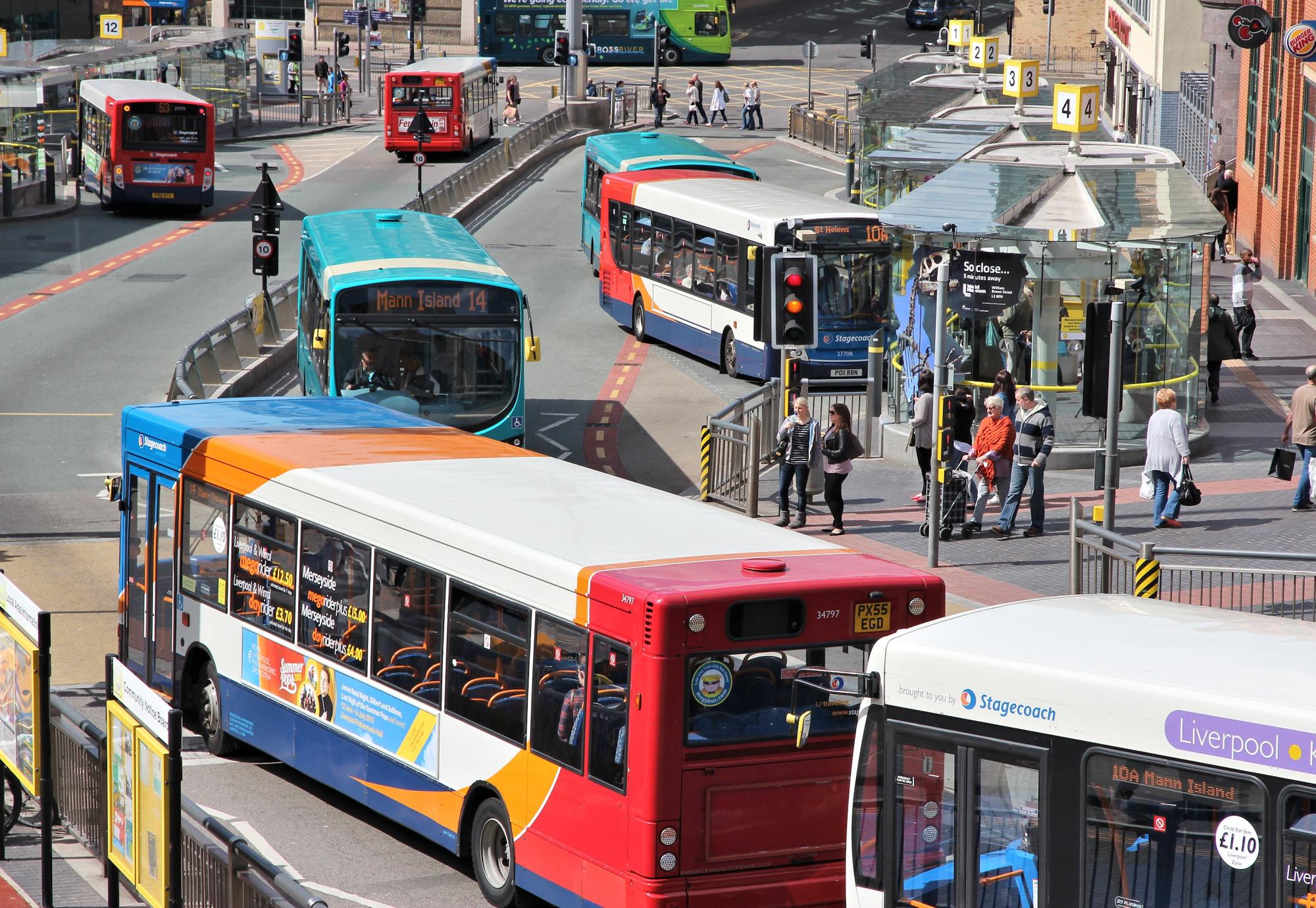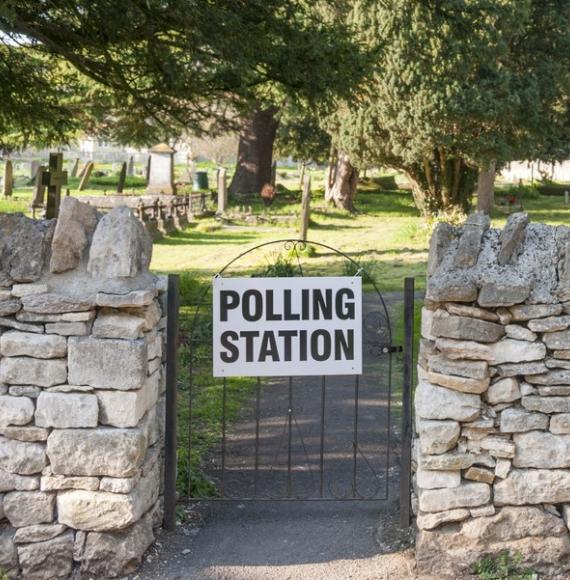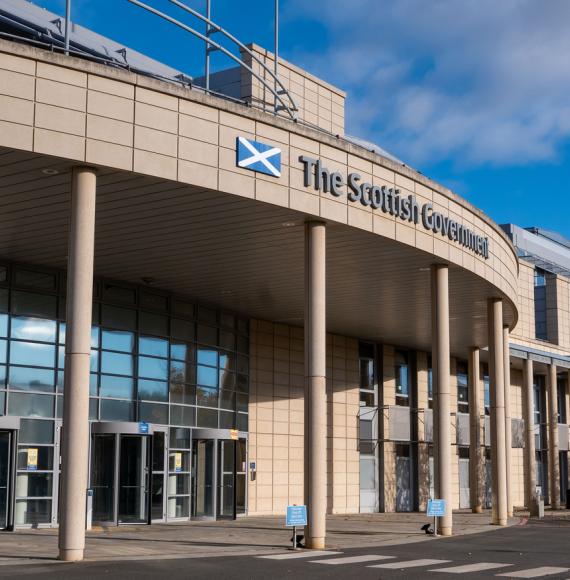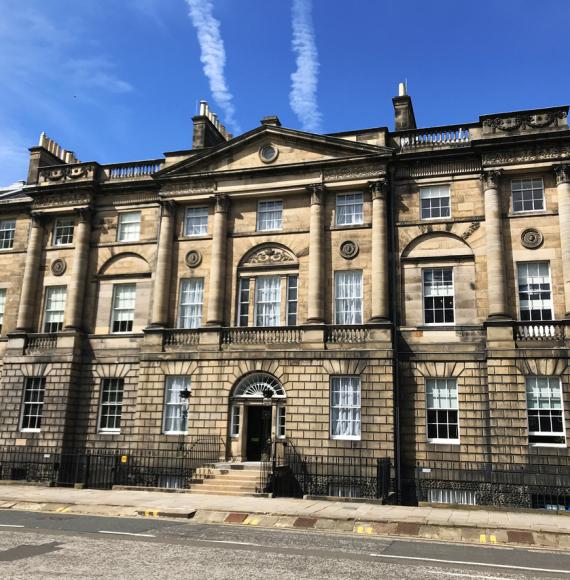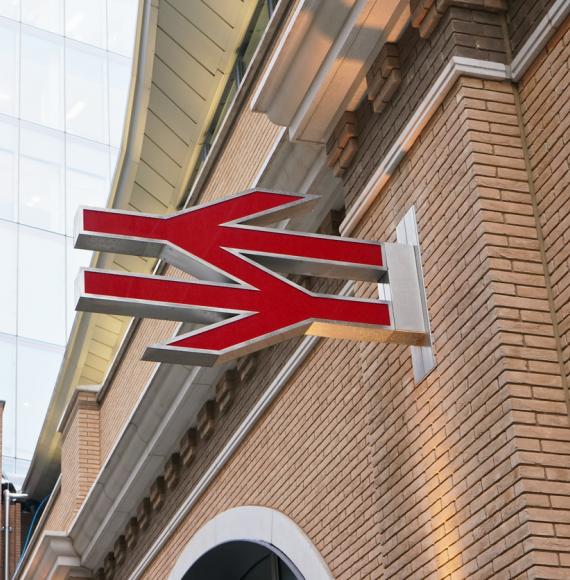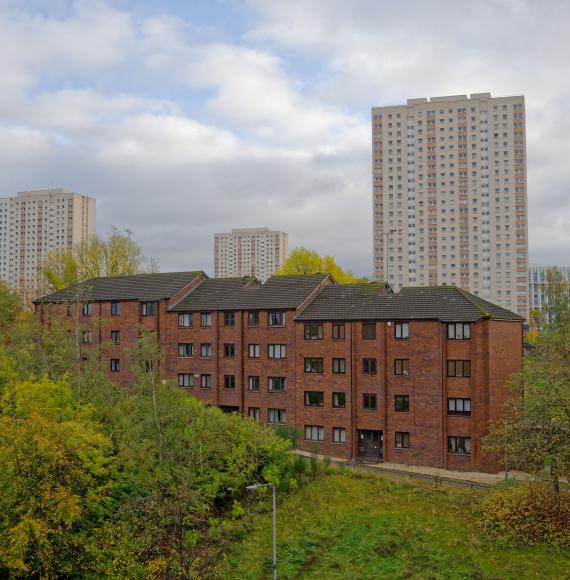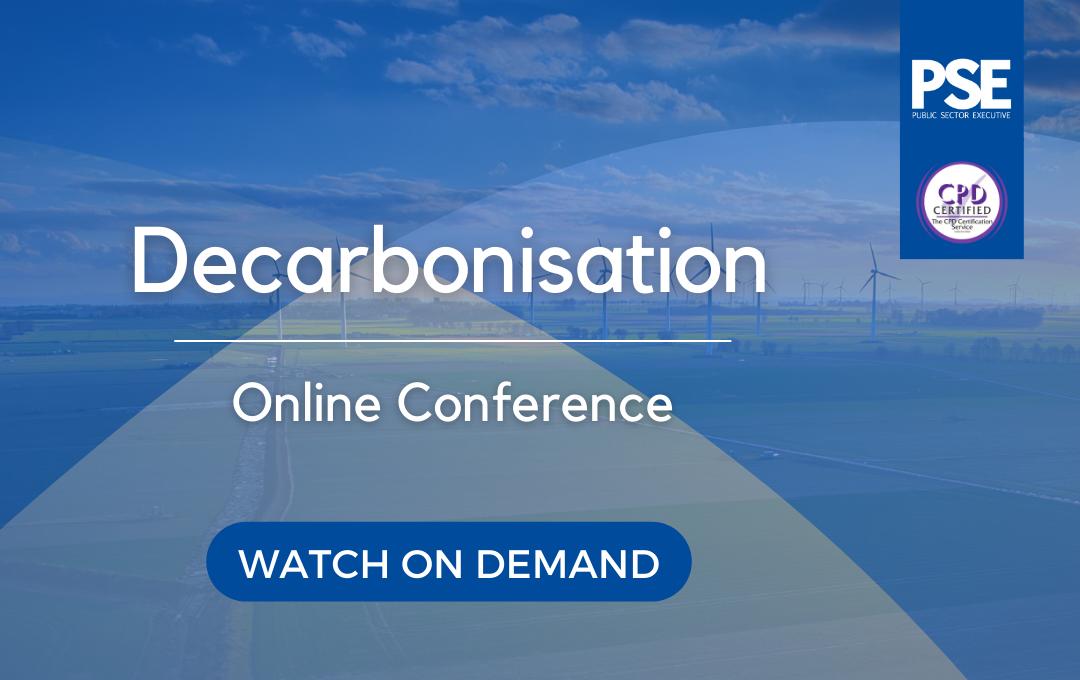Councils and bus operators will work in partnership for the benefit of passengers as part of the government’s £3bn National Bus Strategy, which has been described as the ‘most ambitious shake-up of the bus sector in a generation’.
The fragmented, fully commercialised market, which has operated outside London since 1986 will end and the plans will see passengers across England benefiting from more frequent, more reliable, easier to use and understand, better coordinated and cheaper bus services.
Changes include lower, simpler flat fares in towns and cities, turn-up-and-go services on main routes and new flexible services to reconnect communities.
The government wants to see local authorities and operators enter into a statutory ‘enhanced partnership’ or franchising agreements to receive the new funding and deliver the improvements.
They hope that services are so frequent that passengers can just ‘turn up and go’, no longer needing to rely on a traditional timetable and having the confidence they will not wait more than a few minutes.
It is expected that many councils will choose enhanced partnerships, where local authorities work closely with bus companies, drawing on their operating knowledge and marketing skills, while others may decide that franchising works better for them.
It is hoped that levelling up services across the country will encourage more people to use the bus rather than the car as the country builds back from the Covid-19 pandemic.
The changes include:
- Simpler bus fares with daily price caps, so people can use the bus as many times a day as they need without facing mounting costs.
- More services in the evenings and at the weekends.
- Integrated services and ticketing across all transport modes, so people can easily move from bus to train.
- All buses to accept contactless payments.
As part of the plans, hundreds of miles of new bus lanes are being installed in order to make journeys quicker and more reliable, which the government hopes will get people out of their cars and will help to reduce pollution and operating costs.
The Prime Minister’s ten point plan sets out how the government will accelerate the transition to greener and more sustainable transport and pledges to:
- Deliver 4,000 new British-built electric or hydrogen buses, which will provide clean, quiet, zero-emission travel.
- Transition cities and regions across England to emission-free buses, safeguarding the UK bus manufacturing industry.
- End sales of new diesel buses, including announcing the launch of a consultation on the end date.
Commenting, Prime Minister, Boris Johnson said: “Buses are lifelines and liberators, connecting people to jobs they couldn’t otherwise take, driving pensioners and young people to see their friends, sustaining town centres and protecting the environment.
“As we build back from the pandemic, better buses will be one of our first acts of levelling up.
“Just as they did in London, our reforms will make buses the transport of choice, reducing the number of car journeys and improving quality of life for millions.”
Secretary of State for Transport, Grant Shapps added: “Buses are this country’s favourite way of getting around. They help us get to school, to the GP, or to the shops, but services across England are patchy and it’s frankly not good enough.
“The quality of bus service you receive shouldn’t be dependent on where you live. Everyone deserves to have access to cheap, reliable and quick bus journeys.
“The strategy we’re unveiling today will completely overhaul services, ensuring we build back better from the pandemic. Key to it is the new deal it offers to councils, we will provide unprecedented funding, but we need councils to work closely with operators and the government to develop the services of the future.”
The National Bus Strategy also sets out ambitions to provide greater access to bus services for all, with plans revealed to require ‘next stop’ announcements onboard buses throughout Great Britain and helping disabled passengers and others to travel with confidence.
The government will also launch a consultation on new regulations to improve access onboard buses for wheelchair users.
As London-style services are not appropriate for all rural and suburban areas, the Department for Transport is also announcing the recipients of the £20m from the government’s ‘Rural mobility fund’, which enables on-demand services, such as minibuses booked via an app, to be trialled in areas where a traditional bus service is not appropriate.

